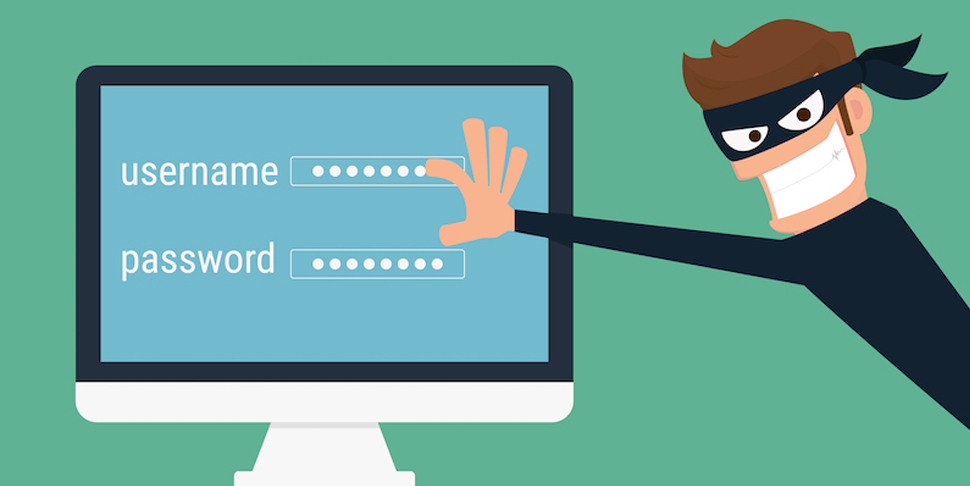by
Stacy Wise
| Jun 21, 2022

Passwords
Written by Andrea Klinedinst, Compliance Assistant
As technology continues to advance, more and more things are moving online. It seems like every few months there is a new must have streaming service. We watch TV online, bank online, shop online, order food online, manage bills online, you get the point. With each of these things we do online, comes an account, and with an account, comes a password. Passwords help keep your information and data safe and secure, which makes having good passwords very important.
With more things moving online, cybercrime is only continuing to increase as well. This includes data breaches in which your sensitive, confidential information is leaked, and a hacker can buy your passwords and gain access to your accounts and information. With an increase in data breaches, it is likely that at least one of your passwords over your whole online history has been exposed. That doesn’t mean you need to panic; there are steps you can take to make your passwords more secure.
What can you do?
When it comes to passwords, good practice is using different passwords for each account or site and keeping your passwords strong and unique.
Use long, complex passwords
Passwords that are longer and use a combination of lower- and upper-case letters, numbers, and symbols are stronger. DO NOT use a password like “Password1”. While it is a combination of letters and numbers, it is too easy to guess. It is good practice to not use just one word or common words that could be found in the dictionary. A lot of websites require at least 8 characters for a password, but passwords between 12 to 15 characters, or even more, are better for security. In the example below, it would be hard for someone else to guess which characters are capitalized or which are numbers or symbols.
Example: a8cD3Fg8!Jk1
Make passwords easy to remember
Passwords made from a phrase or sentence are easy for you to remember and hard for others to guess. Just remember to mix in other symbols and numbers. Try to avoid using phrases or sentences from any signs or décor around your computer or device that others may be able to guess. Do not use personal information like your name, family names, birthday, user name, or email addresses.
Example: The phrase “The sun will come out tomorrow” could become The$unW!llC0me0ut2m0rr0w.
Don’t use old passwords or simple variations of your old passwords
When creating a new password, using a password too similar to your old one is a bad idea. If your password was leaked, hackers know it is a common practice to slightly change your password, and they could use tools to guess the new variation.
Example: Don’t make your new password just a sequence of your old one: Old Password – The$unW!llC0me0ut2m0rr0w and New Password – The$unW!llC0me0ut2m0rr0w1. Make sure the new one is different like T0m0rr0wTh3$unW1llC0m30ut, or come up with an entirely new phrase.
Routinely change your passwords
Some sites suggest or even force you to change your passwords every 90 days. It is good practice to routinely change your passwords; on the chance that your information is part of a data breach, the hackers will then have your old password and still not have access to your online accounts. If you need a reminder to change your passwords, World Password Day comes around every year on the first Thursday in May, and that can serve as a day for you to remember to change your passwords and be aware of your online security.
Be sure to check out our other articles on Fraud Education to help you stay safe online. And remember, if you believe that you are a victim of fraud on your bank account, don’t hesitate to give us a call at 877-647-5050.